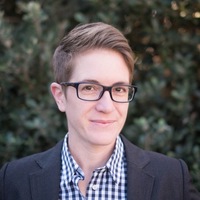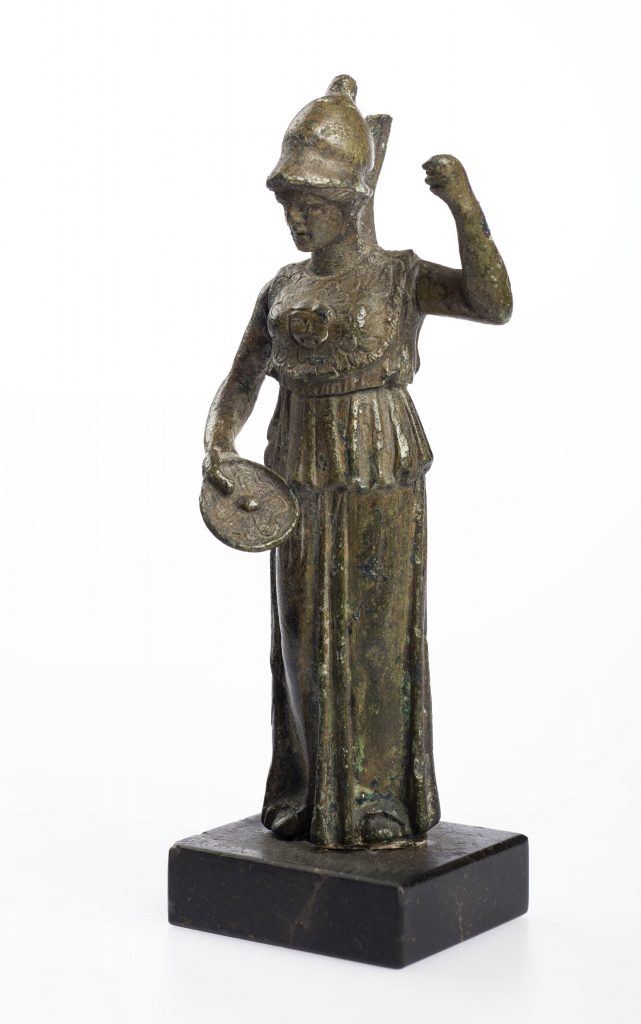The University of Exeter and the University of Queensland are seeking exceptional students to join a world-leading, cross-continental research team tackling major challenges facing the world’s population in global sustainability and wellbeing as part of the recently launched QUEX Institute.
The student will have the chance to study in the UK and Australia, and will graduate with a double degree from the University of Exeter and the University of Queensland.
Find out more about the PhD Studentship via http://www.exeter.ac.uk/quex/phds
**The closing date is 11th September 2017**
Lead Academic Supervisors
Prof Kate Fisher (University of Exeter)
Dr Jana Funke (University of Exeter)
Prof Peter Cryle (University of Queensland)
Dr Karin Sellberg (University of Queensland)
Dr Elizabeth Stephen (University of Queensland)
Project description
This project combines the Rethinking Sexology research project at the University of Exeter with the medical humanities and history of sexuality research team at the Institute for Advanced Studies in the Humanities at the University of Queensland.
It is widely recognised that contemporary concepts and categories we use to understand sexuality and health owe much to the work of nineteenth- and early twentieth-century sexual science. To date, scholarship on to the history of sexual science has been dominated by investigations of how sexual identity categories (e.g. the homosexual) emerged. Scholars have not yet explored how sexual science created understandings of ageing, rejuvenation and sexuality that continue to shape perceptions of healthy ageing in the present. This is despite the fact that sexual scientific debates in the past were deeply preoccupied with concerns about sexual development across the life course, the peculiarities of ‘geriatric’ sex, and the question of what types of sexual activity and partnerships should be considered appropriate and healthy among older people.
Our shared project, furthermore, considers the extent to which these nineteenth- and twentieth-century discourses have developed from earlier conceptions of health, reproduction and aging. In the seventeenth and eighteenth centuries, health was a relative concept, determined by the age, sex and general constitution of each person. It was a matter of individual and continually changing bodily balance. Discussions of appropriate and healthy sexual practice, as well as diet and exercise thus changed throughout the aging process, according to continually changing bodily circumstances.
We invite projects on any aspects of the history of sexual science, reproductive medicine, health and ageing. Core research questions include, but are not limited to:
1) What are the conceptions of health vs pathology in expressions of sexuality among ageing people in each specific historical period?
2) How were notions of healthy ageing constructed across medical, scientific and non-scientific areas of knowledge, including literature, history or anthropology?
3) To what extent do understandings today reflect ideas articulated in earlier versions of reproductive medicine and sexual science?
Depending on your interests, the project can focus on any time period since ca.1600 and explore sexual or reproductive science, aging and health debates in any country or region.
We explicitly welcome projects that are interdisciplinary in scope and thus will speak to the core aims of the Rethinking Sexology project at Exeter and the medical humanities and history of sexuality research stream of IASH at UQ while also making a qualitative contribution to the QUEX Health Ageing research strand.
Full tuition fees, stipend of £15,000 p.a, travel funds of up to £15,000, and RTSG of £3,000 are available over the 3 year programme.



